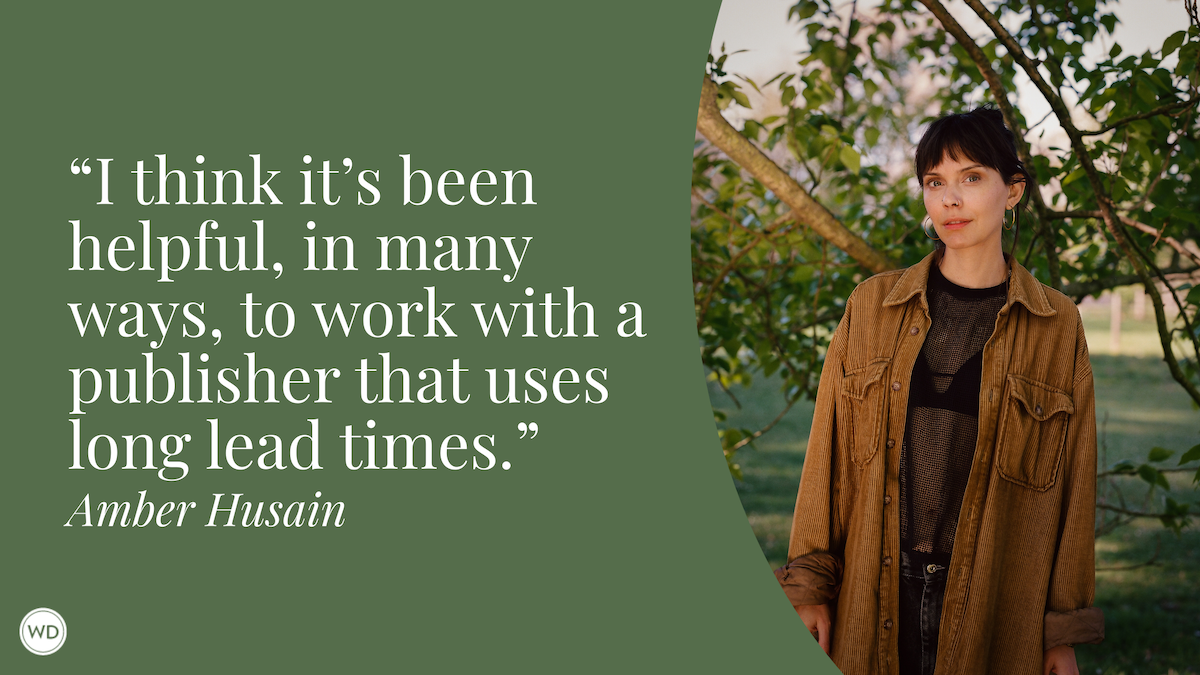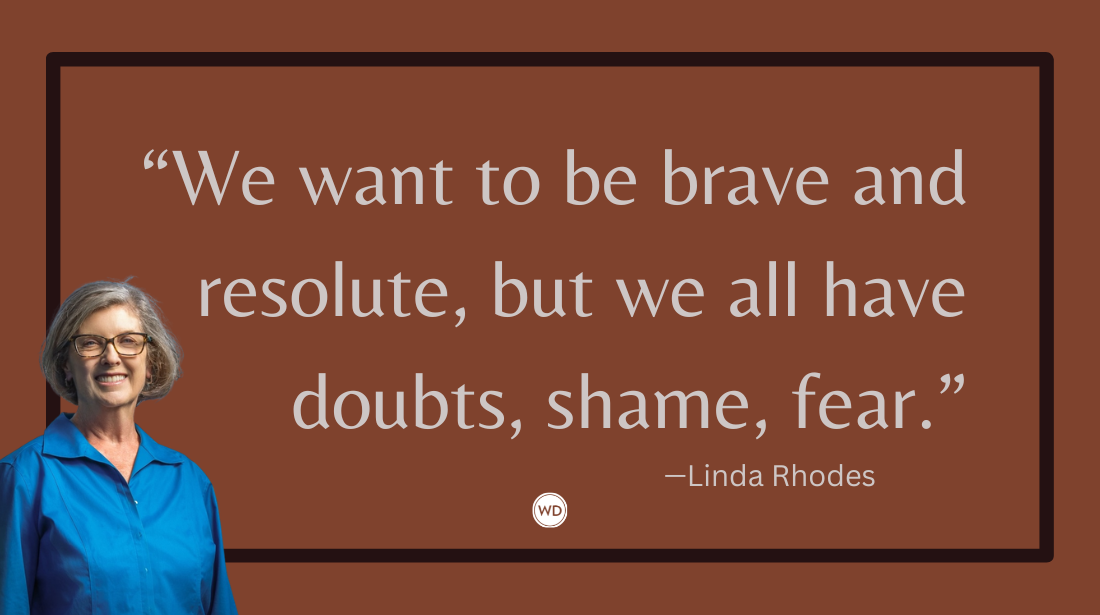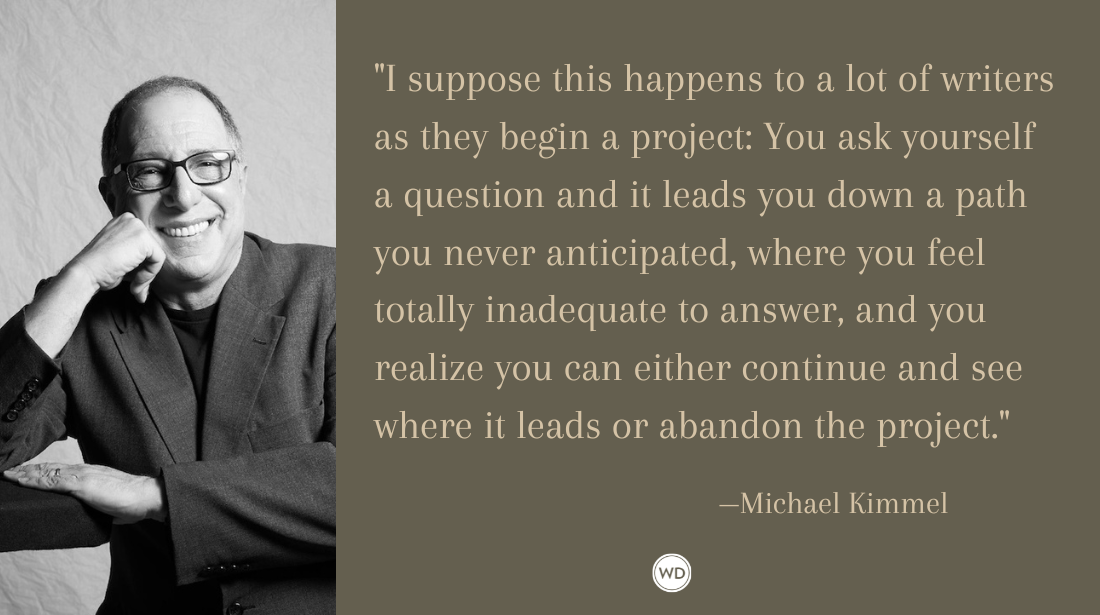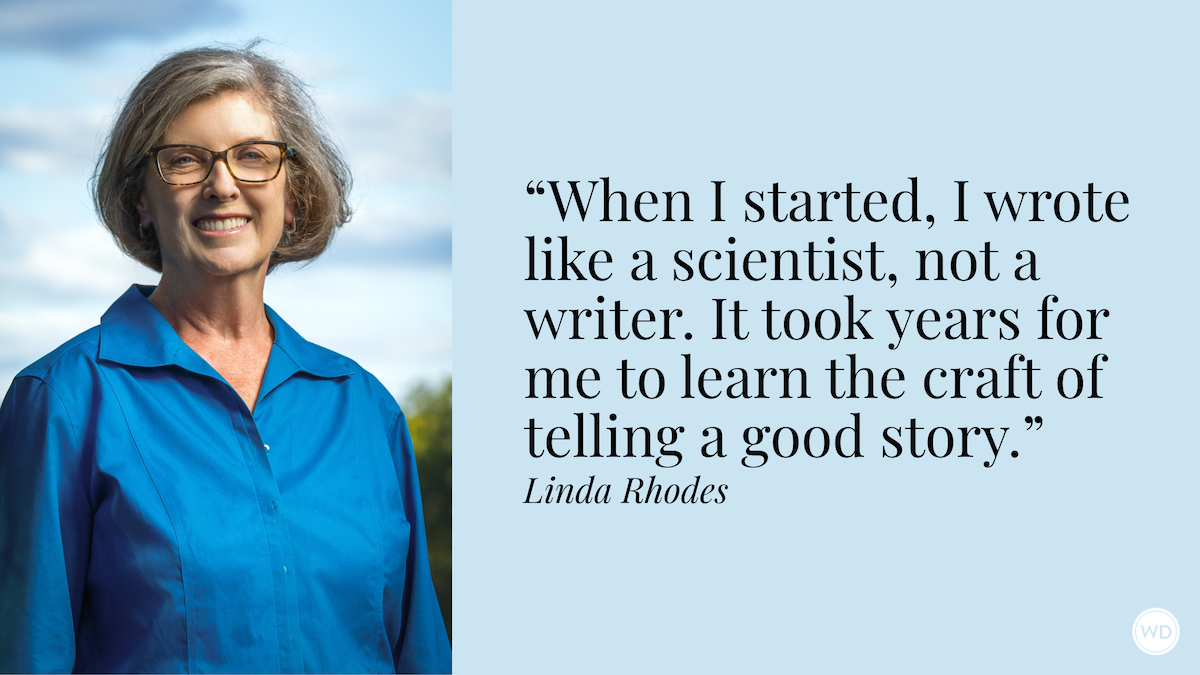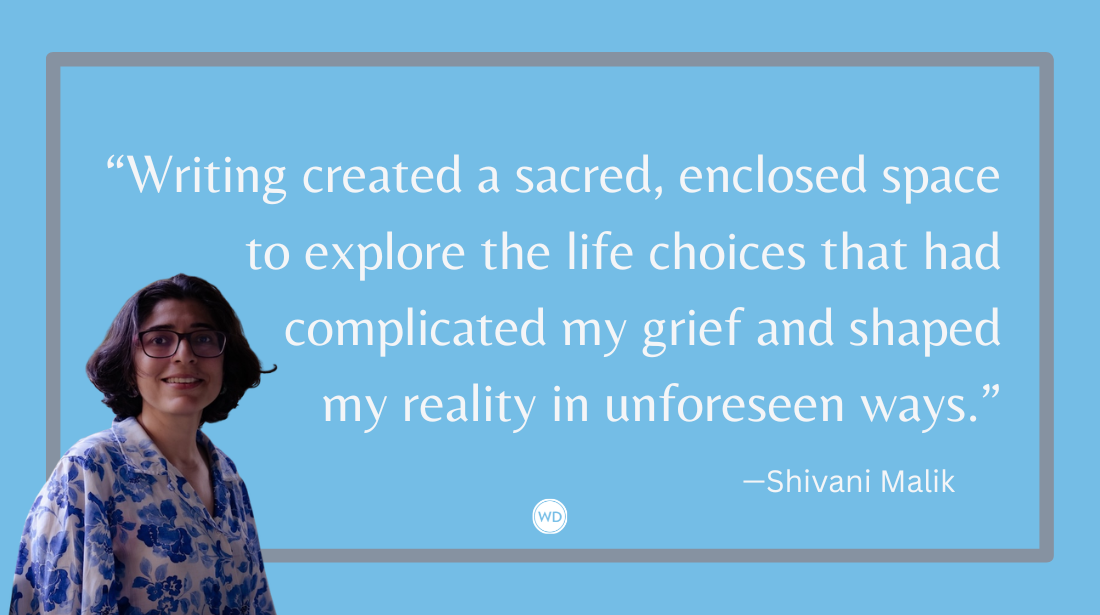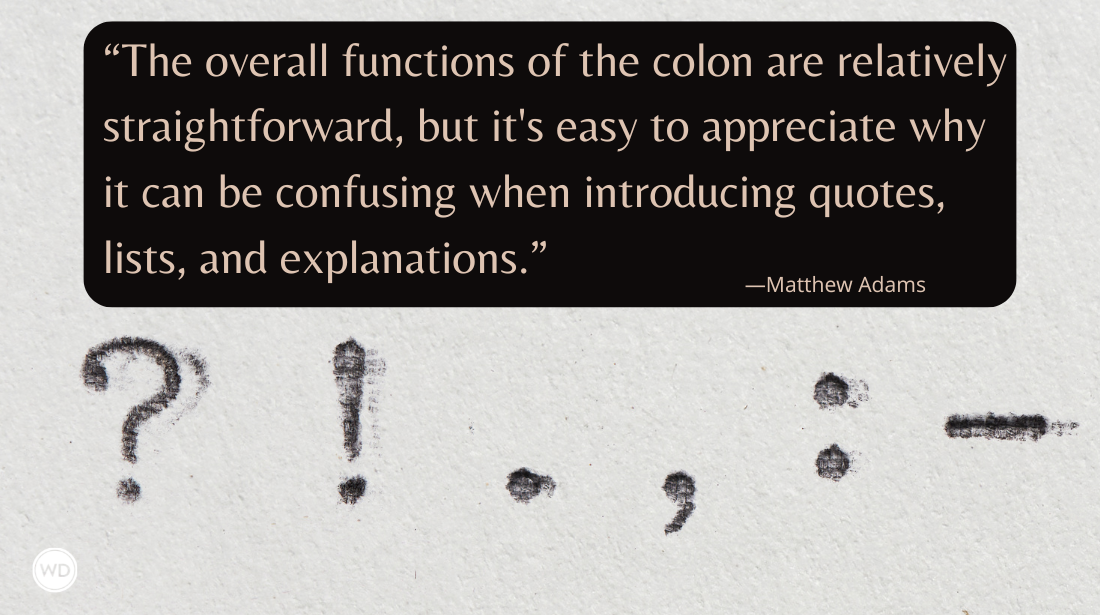5 Tips for Writing About an Established Relationship
Whether the relationship is healthy, codependent or even antagonistic, established relationships have a few unique things in common.
The vast majority of stories tell us about two or more people getting to know each other, and perhaps falling in love. But then what? What are those characters like after they have been together—romantically, platonically, or adversarially—for a while? Whether the relationship is healthy, codependent, or even antagonistic, established relationships have a few things in common.
5 Tips for Writing About an Established Relationship
Characters in established relationships know each other's habits.
They know how they take their morning beverage of choice, where they work, and what they like to do afterward. An investigator on the trail of a repeat offender they've caught before will know the criminal's MO. This understanding extends to the less obvious habits, too: Characters in established relationships can accurately predict how bad news will make the other character react, and they know what form that reaction will take. Now you can skip the boring "Oh gosh, my partner is mad, how did that happen?" scenes and get straight to the good stuff.
Characters in established relationships know what they can trust each other with.
This is not the same as trusting each other implicitly. I'm going to use my current characters as examples, so I am not referencing "Characters A and B." Adda's been known to tell Iridian to be somewhere fifteen minutes before she actually has to be there, to make sure that Iridian arrives on time, but she knows that when she asks Iridian to go somewhere, Iridian will go. Similarly, Iridian trusts Adda to solve important problems in their lives, but not to eat, bathe or sleep while she's working on them. When people have known each other for a while, they learn those strengths and weaknesses and act accordingly.
Characters in established relationships have fewer misunderstandings.
They know what the other character means, even if the other character's words and actions don't communicate their intended meaning clearly. Note that I said fewer misunderstandings. Some characters are secretive by nature, even around people they know well. And some characters carry mistaken assumptions about their partners for years, just because it's never been a big enough deal to fight over. However, if Adda says "I'm going to plug in," Iridian knows she's not talking about a mobile device that needs charging, even though that's a perfectly reasonable assumption which a stranger who overheard Adda might make.
Characters in established relationships share a lot.
They may live together, or work together, and see each other every day. They make plans with the other character in mind, or they only make plans together. They talk about the other character in casual conversation, possibly using the possessive "my." Some of them even share food, money, chores, pets, or children. And if they're romantic partners, they share even more. The lives of characters in established relationships are intertwined. And that's why…
Characters in established relationships would be devastated if something happened to one of them.
The "something," and the devastation, can take many forms. Physical trauma and illness are extremely difficult, but usually, there's a well-established way for the healthy character to help. Partners make sure that their significant other gets medical care, and even arch-rivals will absolutely notice when their nemesis is not around. Other catastrophes are tougher to handle. Disappearances, break-ups, loss of loved ones, or employment… The character that isn't suffering these things directly may not know exactly how to help. And that can cause anger, frustration, fear, depression… All the drama you need to create an excellent story.
R.E. Stearns wrote her first story on an Apple IIe computer and still kind of misses green text on a black screen. She went on to annoy all of her teachers by reading books while they lectured. Eventually, she read and wrote enough to earn a master's degree in curriculum and instruction from the University of Central Florida. She is hoping for an honorary doctorate. When not writing or working, R.E. Stearns reads, plays PC games, and references Internet memes in meatspace. She lives near Orlando, Fl. with her husband/computer engineer and a cat.




